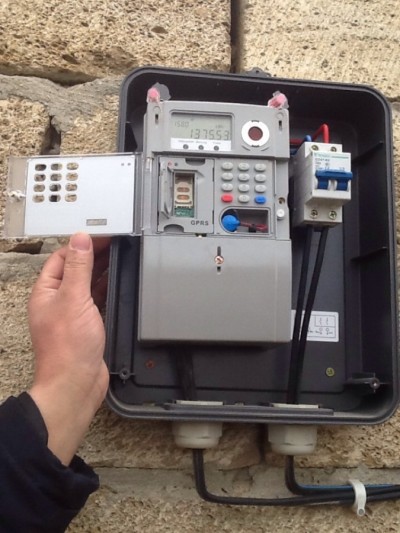News


CATEGORY: Socioeconomic development, Economic Development
LOCATION: Greece
START/END: 1996-2001
CONSULTANCY BUDGET: 272,000 €
CLIENT: Ministry of Economy and Finance
ORIGIN OF FUNDING: Ministry of Economy and Finance
LDK’s BUDGET SHARE: 100%
STAFF PROVIDED: 4

Type of Services
The evaluation of the Programme included the following services:
- formulation of an evaluation database – information system for programme monitoring and evaluation;
- appraisal of the programme design;
- evaluation of the results and impacts of the programme;
- proposal formulation for the successful implementation of the ROP.
The methodology developed for the implementation of the programme involved the following aspects:
- data collection and analysis;
- formulation of a data base at project level;
- formulation of an evaluation basis (determination of output indicators);
- monitoring of 950 public procurement contracts of a total value of 623 million euros;
- evaluation of the ROP.
Description
The Region of Sterea Ellada (NUTS II area) is sited at the central part of the mainland. It comprises five prefectures (NUTS III level): Viotia, Evia, Evritania, Fthiotida and Fokida. The Regional Operational Programme (ROP) within the framework of the 2nd Community Support Framework, was the most integrated development initiative of the Region and was established taking under consideration the existing situation, as well as the social, financial, technical and all other external factors prevailing at the time. The 29 measures of the programme were oriented towards the support and development of NGOs, infrastructure, the productive sector, the environment and quality of life, the health sector infrastructure, and human resources.
The Programme strategic development had the following specific targets:
- to eliminate the geographic isolation for most of the problematic areas (Evritania, Evia, and internal zones of Fokida);
- to improve transportation and strengthen of the regional economy aiming towards the abolition of the negative impacts from the industrial decline in certain areas of the Region;
- to strengthen the primary sector and rationally manage the water resources;
- to improve the environment and the living conditions of the population.
The project was co-financed by the ERDF.





